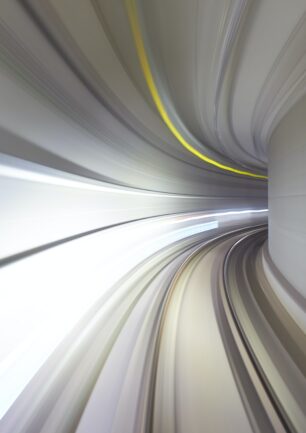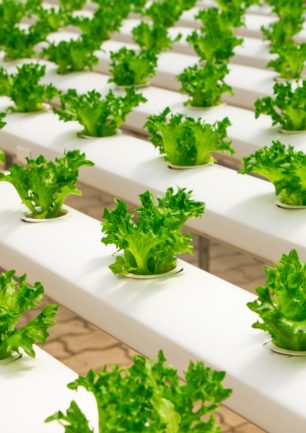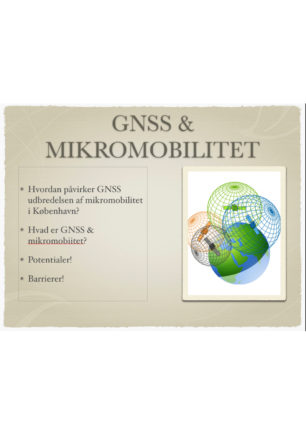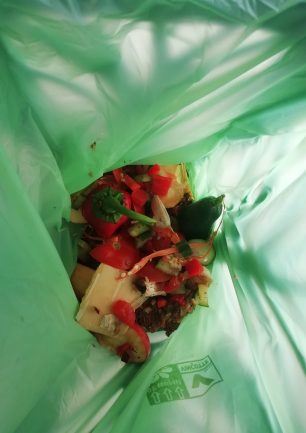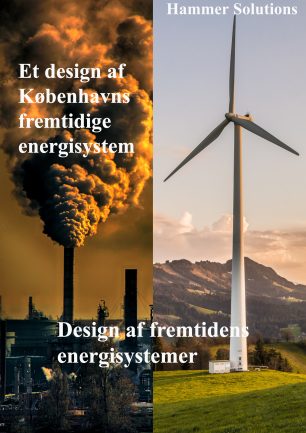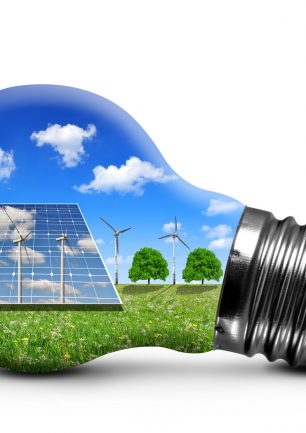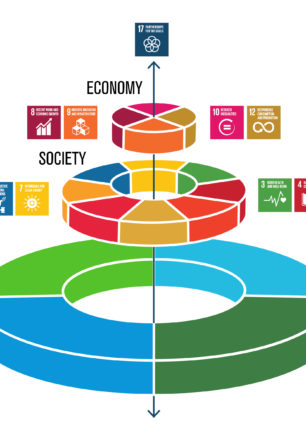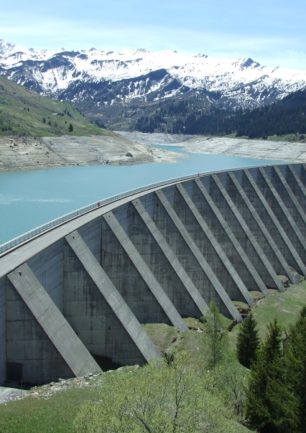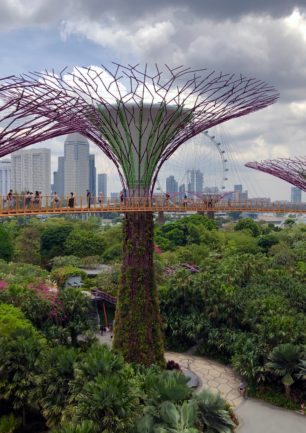Hyperloops: Fremtidens Transport
This is a paradigmatic, quasi-comparative case study of the hyperloop project running between San Francisco and Los Angeles. By comparing the hyperloop system to similar systems such as the Shinkansen high speed rail system in Japan, we attempted to assess the role which the hyperloop will inhabit going forward. We found that the hyperloop shares some characteristics with the Shinkansen systems, such as long distance travel at high speeds with the aid of frictionless electromagnetic levitation. This technology, along with a vacuum tube will mitigate the high energy consumption that would other
